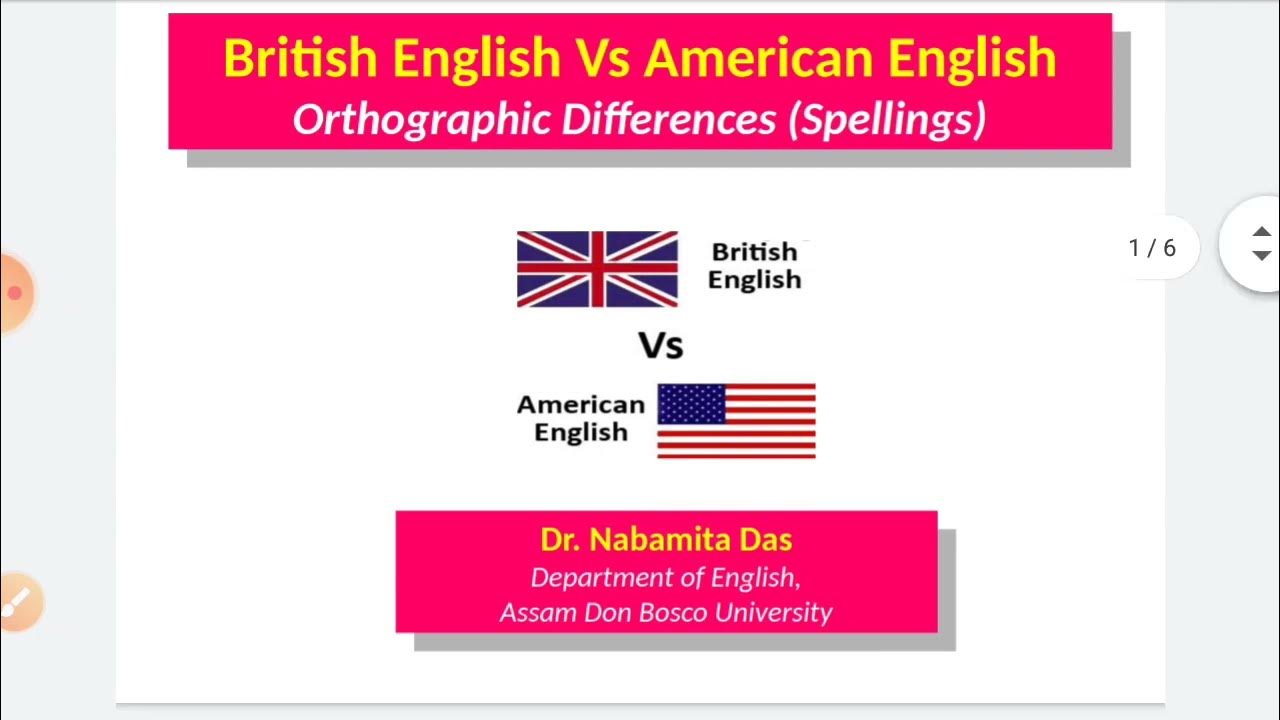How to pronounce words ending in S - Pronunciation of final S in English
Summary
TLDRIn this video by WouldWould English, Rob teaches the three pronunciations of the letter 'S' at the end of English words: /ɪz/ as in 'buses', /s/ as in 'books', and /z/ as in 'words'. The pronunciation depends on whether the final sound of the word is sibilant, voiceless, or voiced. The video explains voiced and voiceless sounds, using examples to illustrate the rules. Viewers learn to identify and pronounce the final 'S' correctly in various contexts. The lesson includes practice examples and tips for mastering these pronunciations.
Takeaways
- 📚 English has various pronunciations for the 's' at the end of words, depending on the context: plural nouns, third-person singular verbs, and possessive nouns.
- 🎵 The final 's' can be pronounced in three different ways: as 'iz', 's', or 'z', reflecting different phonetic rules.
- 🔊 Voiced sounds are produced with vocal cord vibration, such as in the letter 'L', whereas voiceless sounds come from the mouth area without vibration, like 'P'.
- 👄 Sibilant sounds are produced by forcing air through the teeth, characterized by a hissing or buzzing sound, like 'shh'.
- 🏁 If a word ends in a sibilant sound, the final 's' is pronounced as an extra syllable, making it sound like 'iz'.
- 🚫 When the last consonant of a word is voiceless, the final 's' is pronounced as a 's' sound, as in 'sleeps' or 'books'.
- 🔊 For words ending in a voiced sound, the final 's' is pronounced as a 'z' sound, reflecting the use of vocal cords, like in 'crabs' or 'plays'.
- 📝 Words ending in a vowel also use the voiced 'z' pronunciation for the final 's', such as 'play' becoming 'plays'.
- 📑 The pronunciation of the final 's' in English is contingent on the final consonant sound of the word.
- 📚 Listening to example sentences can help in understanding the correct pronunciation of words ending in 's'.
- 👍 The video encourages viewers to like, subscribe, and enable notifications for new content to improve English pronunciation.
Q & A
What is the main topic of the video script?
-The main topic of the video script is the pronunciation of the letter 's' at the end of words in English.
What are the three different pronunciations of the final 's' in English words mentioned in the script?
-The three different pronunciations of the final 's' are: as a 'z' sound, as an 's' sound, and as a voiced 's' sound similar to 'iz'.
What is the difference between voiced and voiceless sounds?
-Voiced sounds use the vocal cords and produce a humming or vibration in the throat, while voiceless sounds come from the mouth area and do not involve the vocal cords.
How can you tell if a sound is voiced by feeling your throat?
-You can tell if a sound is voiced by placing your fingers on your throat and pronouncing the sound; if you feel a vibration, it is a voiced sound.
What is a sibilant sound and how is it produced?
-A sibilant sound is produced by forcing air out through your teeth and is characterized by a hissing or buzzing sound, like the 'shh' sound made to indicate quietness.
How does the pronunciation of the final 's' change if the word ends with a sibilant sound?
-If a word ends with a sibilant sound, the final 's' is pronounced as an additional syllable with an 'iz' sound, making the word plural have two syllables instead of one.
Give an example of a word that ends with a voiceless sound and how its plural form is pronounced.
-The word 'sleep' ends with a voiceless sound and its plural form 'sleeps' is pronounced with an additional 's' sound, making it rhyme with 'leaps'.
What is the pronunciation of the final 's' in words that end with a voiced sound?
-In words that end with a voiced sound, the final 's' is pronounced as a voiced 'z' sound.
How do you pronounce the final 's' in words ending with a vowel sound?
-In words ending with a vowel sound, the final 's' is pronounced with a voiced 'z' sound, as in 'play' becoming 'plays'.
What is the purpose of the exercises provided at the end of the script?
-The purpose of the exercises is to allow viewers to practice and test their understanding of the different pronunciations of the final 's' in various English words.
What action does the script encourage viewers to take after watching the video?
-The script encourages viewers to like the video, subscribe to the channel, and hit the notification bell to stay updated with new videos that can help improve their English.
Outlines

此内容仅限付费用户访问。 请升级后访问。
立即升级Mindmap

此内容仅限付费用户访问。 请升级后访问。
立即升级Keywords

此内容仅限付费用户访问。 请升级后访问。
立即升级Highlights

此内容仅限付费用户访问。 请升级后访问。
立即升级Transcripts

此内容仅限付费用户访问。 请升级后访问。
立即升级浏览更多相关视频

English Pronunciation | The Letter S | 5 Ways to Pronounce S in English!

English Pronunciation Practice - How do you pronounce words ending in S?

Plural of Nouns - Brasil Escola

Orthographic Differences II American English Vs British English

Language Transfer Complete Spanish Lesson 04 enhanced 50p

12 Mil Palavras Que Você Já Sabe em Inglês E Não Sabia!
5.0 / 5 (0 votes)
